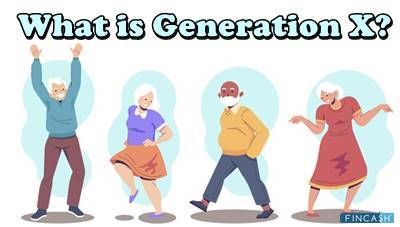
Table of Contents
Defining Sandwich Generation
The sandwich generation is one of the interesting concepts, yet very practical. It refers to middle-aged individuals who care for both their own children and ageing parents. The word ‘sandwich’ is used because of the fact that the middle-aged person is between the Obligation to care for their ageing parents and children, which not only needs a backup of good financial security, but also physical, and emotional strength to support.

These ‘sandwiched’ people become responsible for looking after their parents and their children at the same time. This includes essential daily care such as medical supervision, giving medications, emotional difficulties, financial support, etc.
Sandwich Generation Financial Burdens
The phenomenon is recognized in America in the late 20th century, where the sandwich generation has increased marginally in recent years. Due to which the financial burdens of responsibility associated with caring for multiple generations of family members are mounting.
A report by Kim Parker and Eileen Patten shows that nearly 47% of adults in their 40s and 50s have a parent age 65 (or older) and are either raising a young child or financially supporting a grown child, who is 18+. About one in seven middle-aged adults (15%) is providing financial support to both a child and an ageing parent.
Such middle-aged generations often face financial difficulties on a regular Basis because medical and other emergencies are sudden.
The struggles of the Sandwich Generation may differ geographically and culturally. In India, it is very common to live in joint families. It is also considered a good balance in emotional and other support as older parents get care, and a child gets extra care of their grandparents. A UK report states that in 2012 approximately 2.4 million people combined childcare with caring for older or disabled relatives.
Talk to our investment specialist
Sandwich Generation Concept
Carol Abaya, who is a recognized eldercare expert categorized the different scenarios and roles in the sandwich generation:
1. Traditional Sandwich Generation
Adults typically in their 40s or early 50s are sandwiched between ageing parents who need care and their own children.
2. Club Sandwich Generation
This term can refer to adults in their 30s or 40s who have young children, elderly parents and ageing grandparents.
3. Club Sandwich
These are age groups 40s, 50s or 60s sandwiched between ageing parents, adult children and grandchildren.
Other Challenges by Sandwich Generation
It is said that the middle-aged group who fall under the Sandwich generation can be under stress. Having a growing child and an ageing parent would need a lot of caregiving, financial and emotional support. Taking care of multiple people is a time-consuming task. It affects personal time; were taking time for relaxing and good sleep would be difficult. When unhealthy life patterns affect mentally leading to stress. Depression and anxiety are huge risk factors for the Sandwich Generation, especially for women who are heavy multitasking. However, reports & other surveys suggest that adults in the sandwich generation are happy living with children and grandchildren.
All efforts have been made to ensure the information provided here is accurate. However, no guarantees are made regarding correctness of data. Please verify with scheme information document before making any investment.












